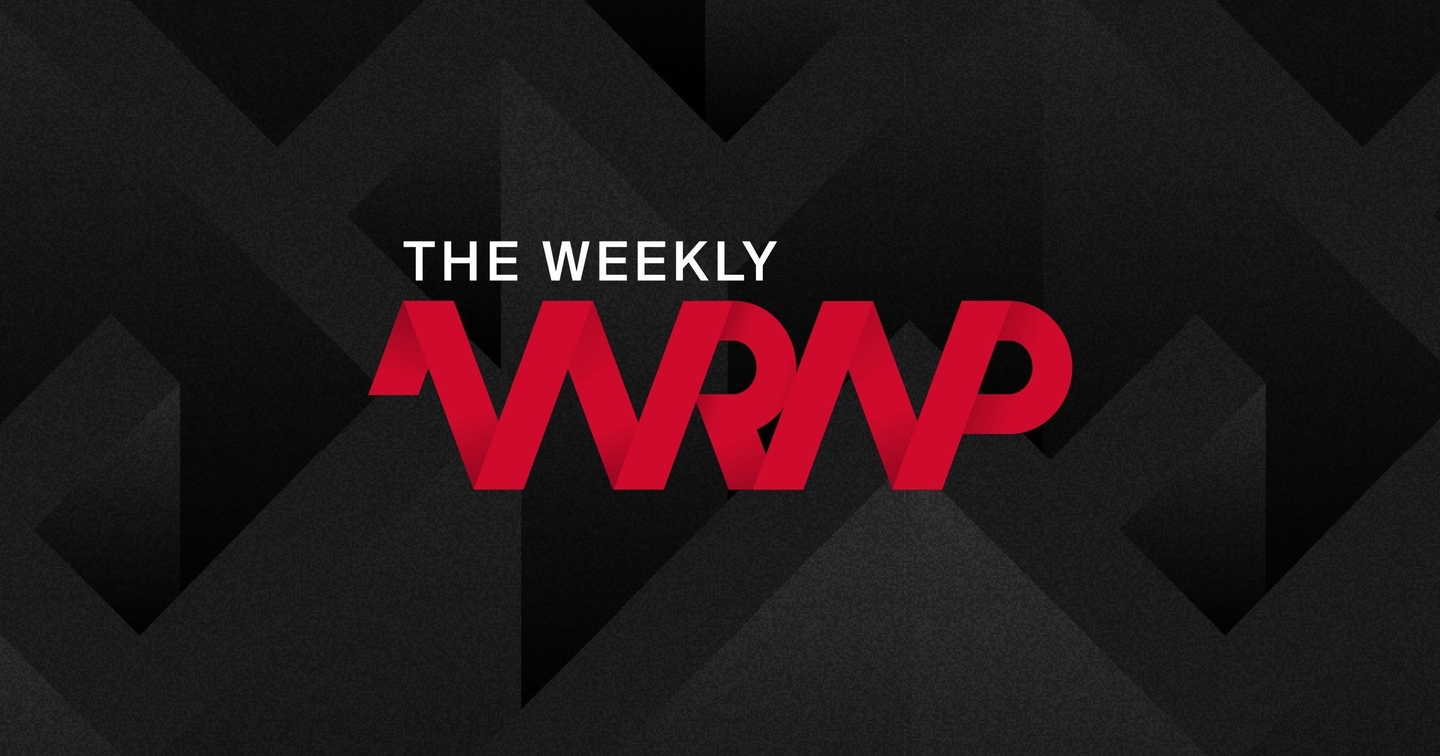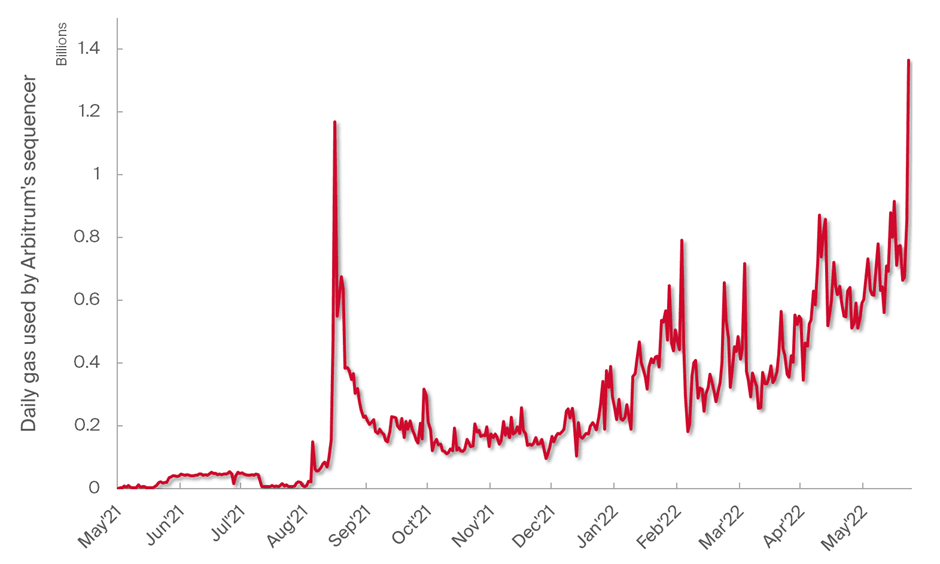The Weekly Wrap: ProShares Short BTC ETF, Iran cracks down on mining
Jun 24, 2022

We manage risk and prioritize the security of customer funds first and foremost. We keep things simple. No DeFi lending activities, no algorithmic stablecoin staking or lending, no derivative assets, and certainly no stETH.
Posted via Voyager’s Twitter before they announced a $650m exposure towards 3AC (via Twitter)
1. ProShares BTC Short ETF launches amidst market nosedive
The Facts:
- ProShares, the largest provider of Bitcoin-linked ETFs, launched the first-ever Bitcoin Short Strategy ETF (BITI) on Tuesday, June 21.
- They announced Wednesday that BITI traded more than 870,000 shares worth $35m on its second day of trading.
- The new ETF launches eight months after the first Bitcoin ETF BITO debuted as one of the most heavily traded ETFs in market history.
- As a short ETF, BITI is designed to give investors a way to profit from BTC price decreases.
Why it’s important:
- The new ProShares ETF launches amidst a sell-off in risk-on assets with Bitcoin hitting a new yearly low of $17’601 after almost 13 weeks of red candles and liquidation cascades across the whole crypto ecosystem.
- While BITI hit promising stats on its launch, BTCC Purpose ETF, the largest Canadian Bitcoin ETF, saw an outflow of 24’510 BTC with its AUM dropping 50% on Friday, indicating a massive capitulation from a forced seller.
- Likely influenced by the 3AC meltdown, GBTC’s discount reached an ATL of 34% only two weeks ahead of the SEC’s decision on their spot-based Bitcoin ETF filing.

1.36b
New ATH in daily gas used by the Arbitrum sequencer
2. Power shortages force Iran to crack down on mining
The Facts:
- Power shortages have forced the government of Iran to halt mining operations for the third time within a year as electricity to licensed crypto miners will be cut off starting June 22.
- Recently, Iran’s electricity consumption recorded an ATH of 62’500MW during peak consumption that almost hit the country’s maximum capacity.
- 6.9% of all Bitcoin mining globally took place in Iran in June 2021, yet the country’s hashrate share fell to 0.2% by January 2022.
- Meanwhile, Kazakhstan proposed higher electricity fees for crypto miners in February 22, raising the tariff from $0.0023 per kWh to $0.01.
- Two months before, in December 2021, Russia also proposed an increase in electricity fees to target crypto miners.
- And despite the ban, China still holds 21.1% of the hashrate (as of January 22) according to the Bitcoin Mining Map.
- Hence, four Chinese provinces increased retroactive electricity charges if any underground crypto mining facility is uncovered.
Why it’s important:
- The measures in Iran hit after the country only gained 1.2GW in its power generation capacity in 2021 against the projected 3.5 GWs while hitting new ATH in electricity consumption.
- With the geopolitical tension impacting energy demand and supply, the hostile stance towards Bitcoin mining seems to accelerate globally.
- Despite the mining halt, Iran is known as a proponent of digital currencies with US trade sanctions cutting them off the international financial system.
In other news
- dYdX announces dYdX chain based on Tendermint and Cosmos SDK (via dYdX)
- Avalanche hits second place on DefiSafety’s leaderboard (via Twitter)
- eBay acquires NFT marketplace KnownOrigin (via Twitter)
- EU pilot regime for market infrastructures based on DLTs (via EUR-Lex)
- Uniswap acquires the first NFT marketplace aggregator Genie (via Uniswap)
- Ava Labs releases non-custodial browser extension Core (via Avalanche)
- Cardano’s Vasil upgrade postponed by devs (via CoinDesk)
- Shopify allows token gated NFT utility for merchants (via Decrypt)
- $100m drained from Harmony's Horizon Bridge (via Cointelegraph)
